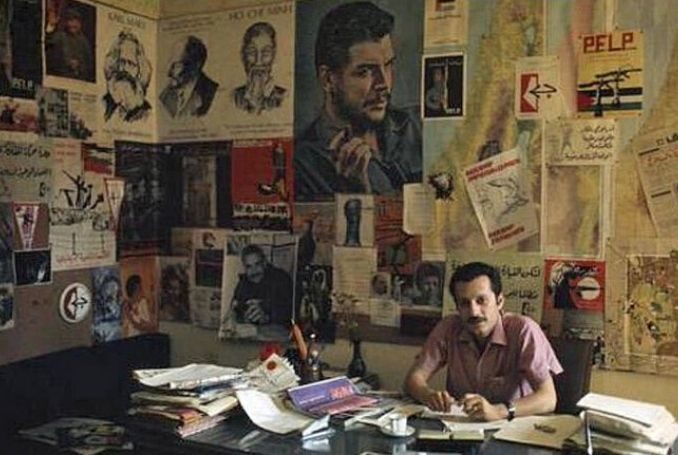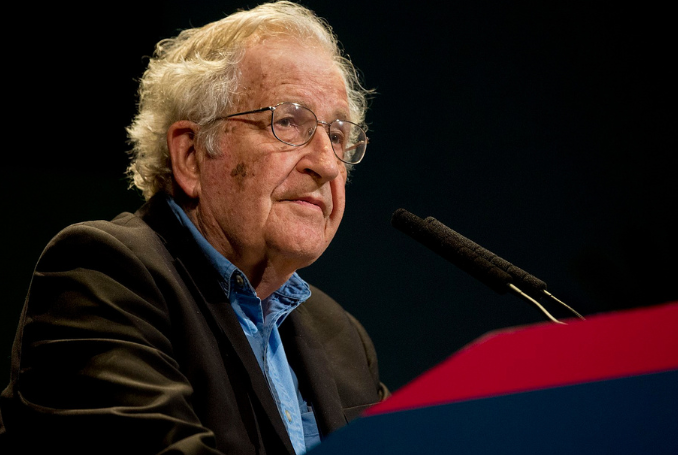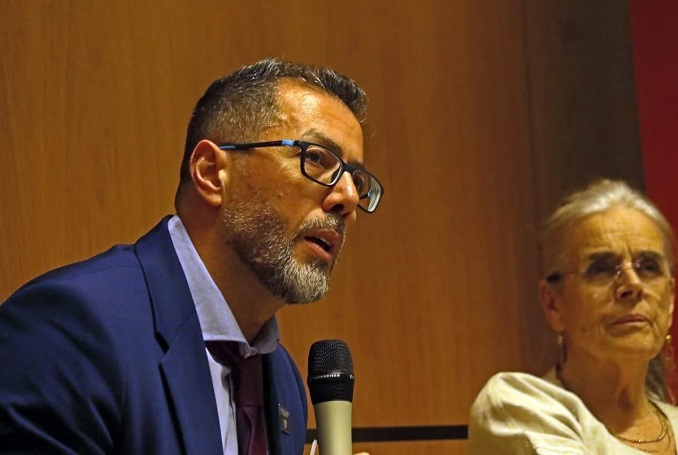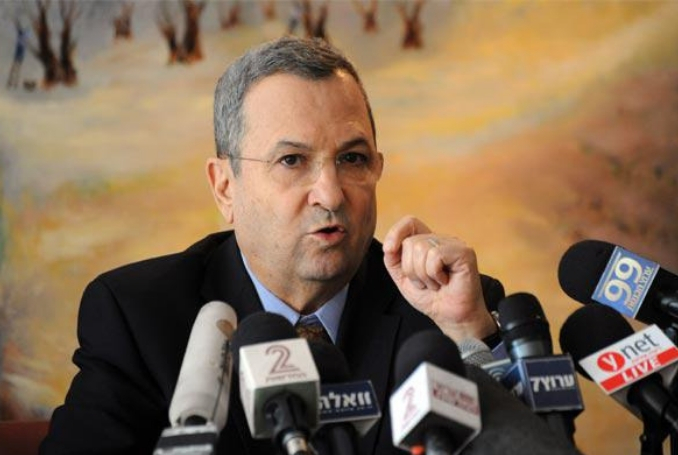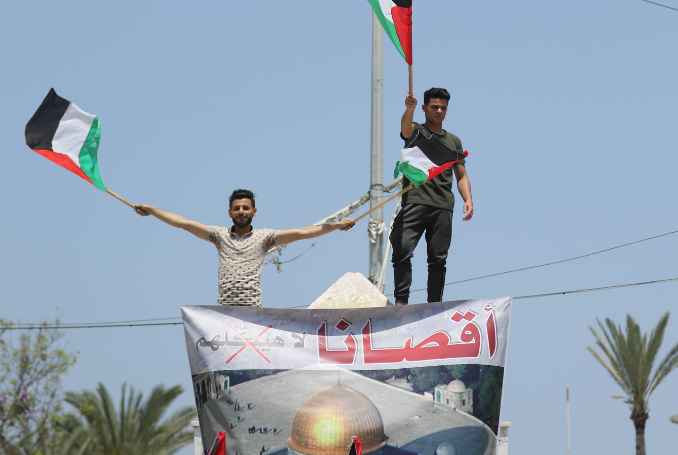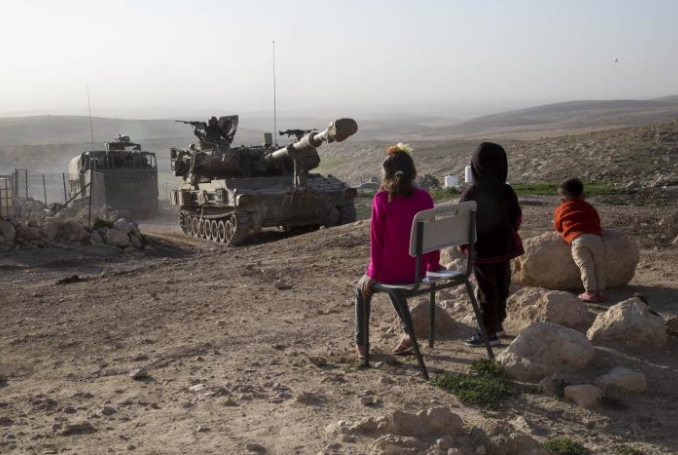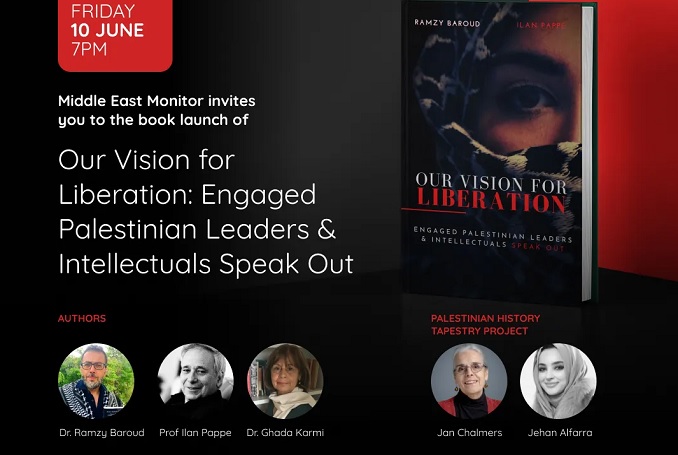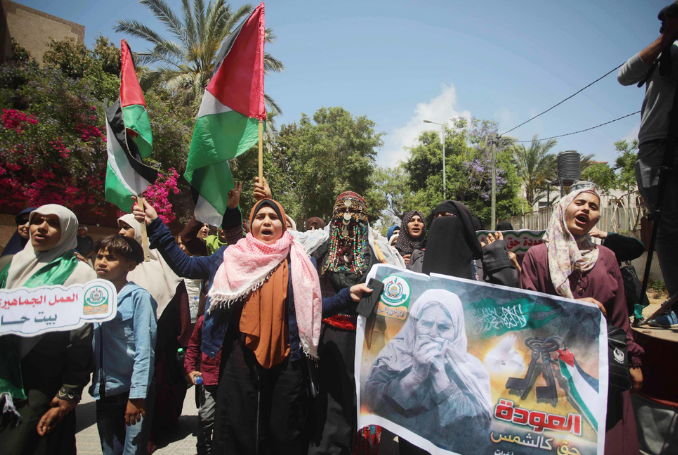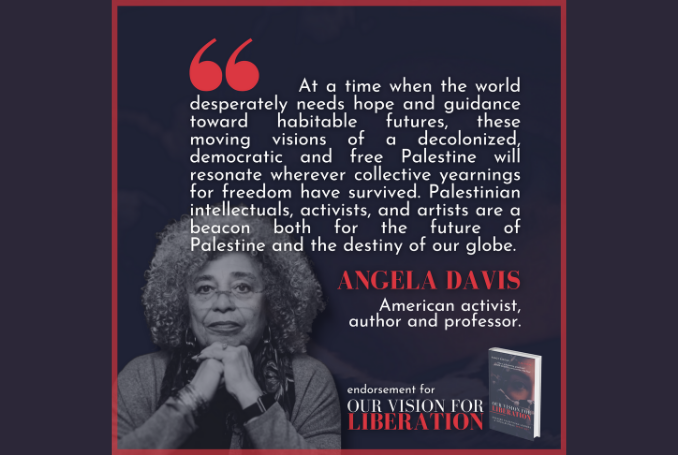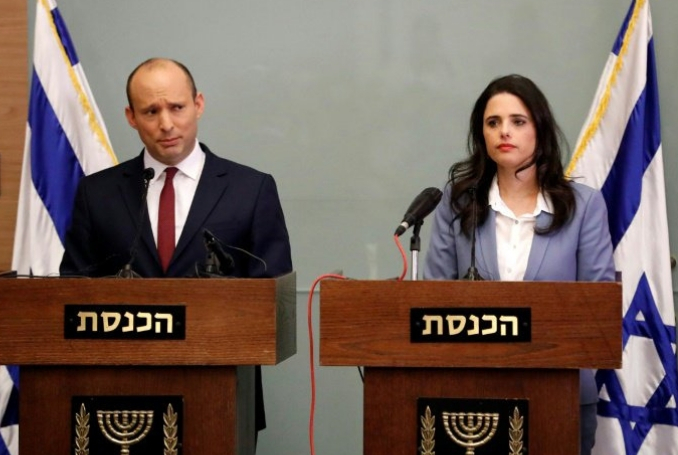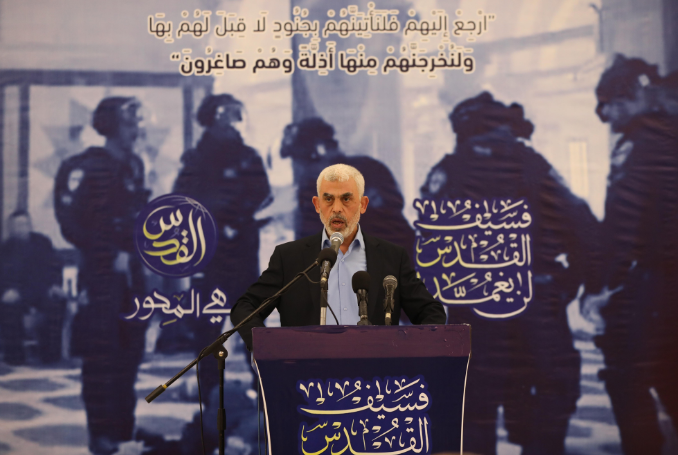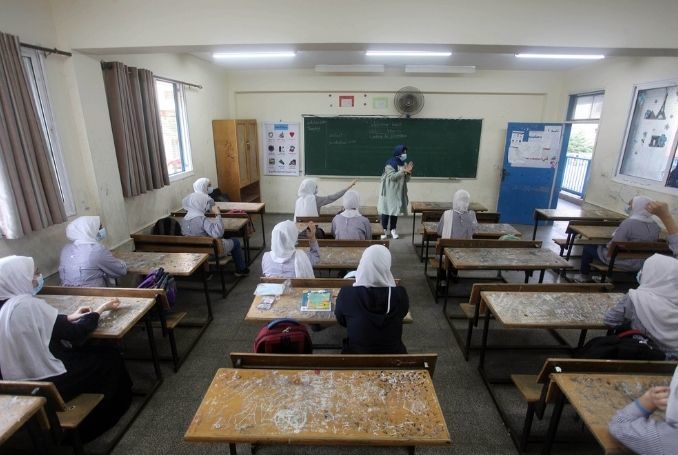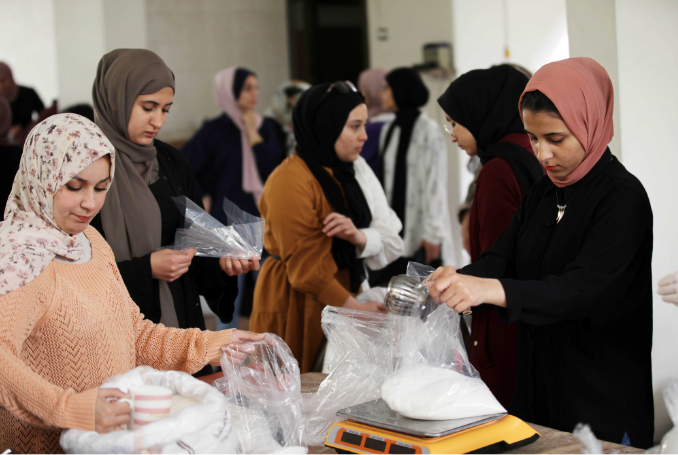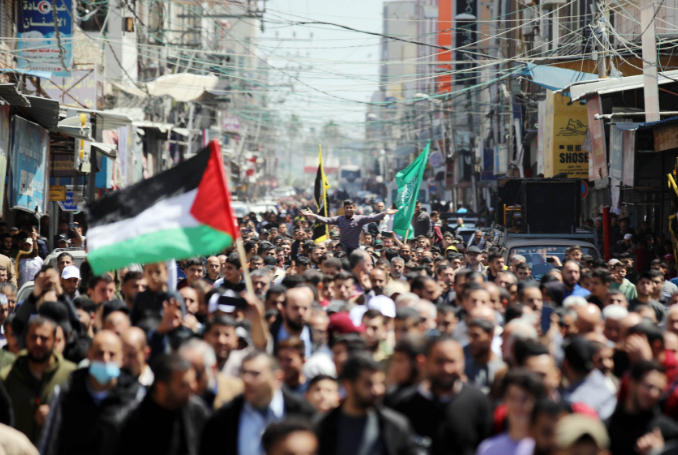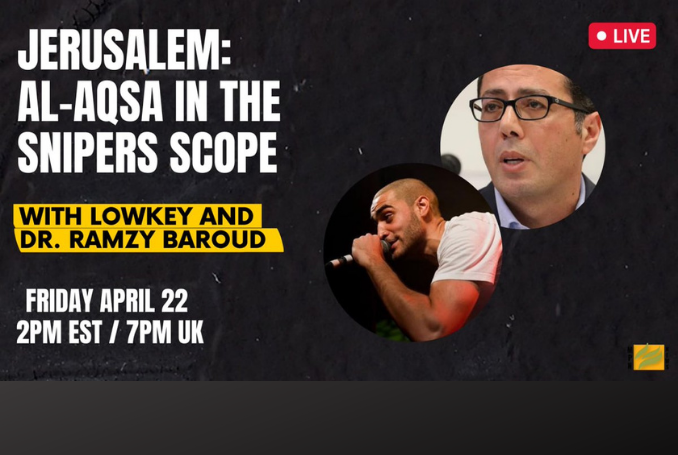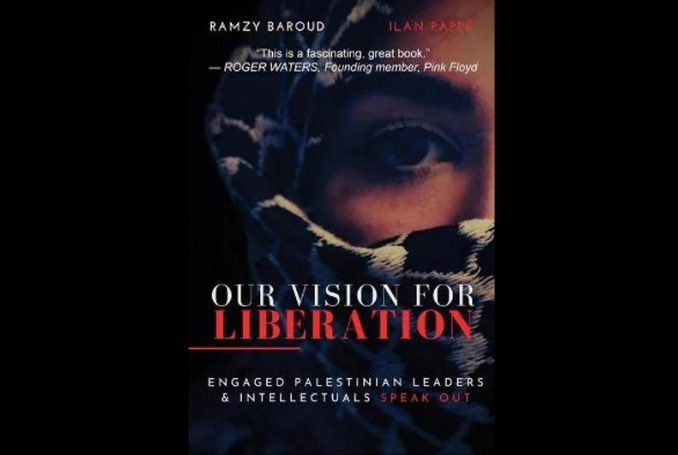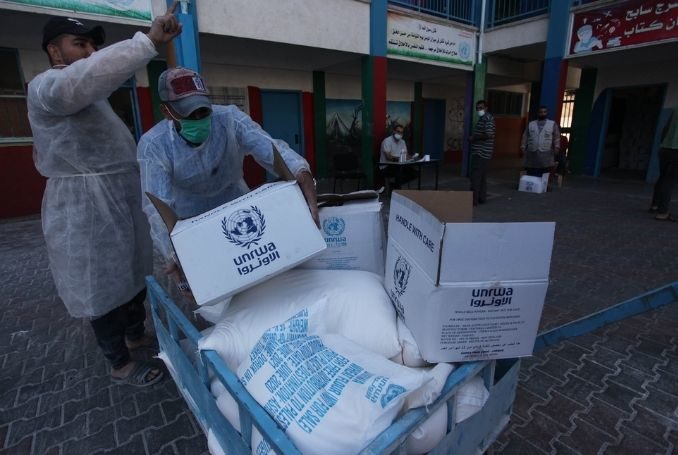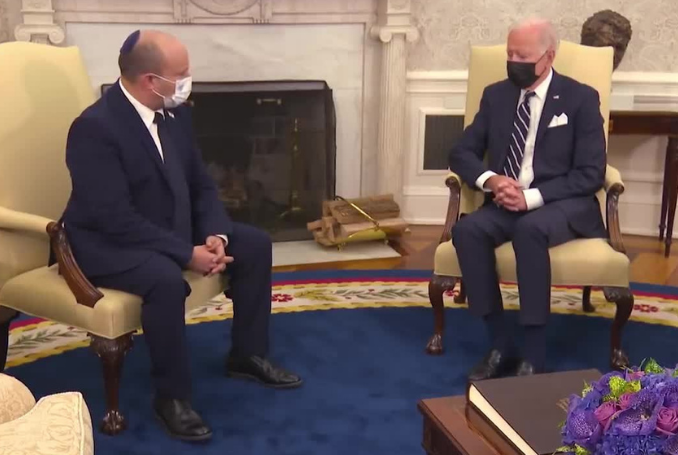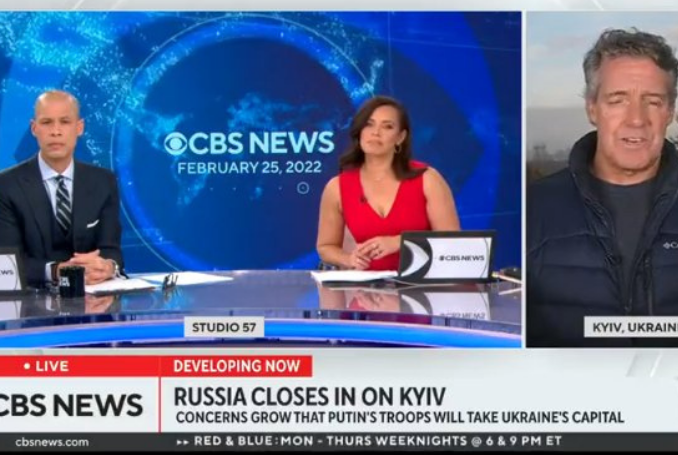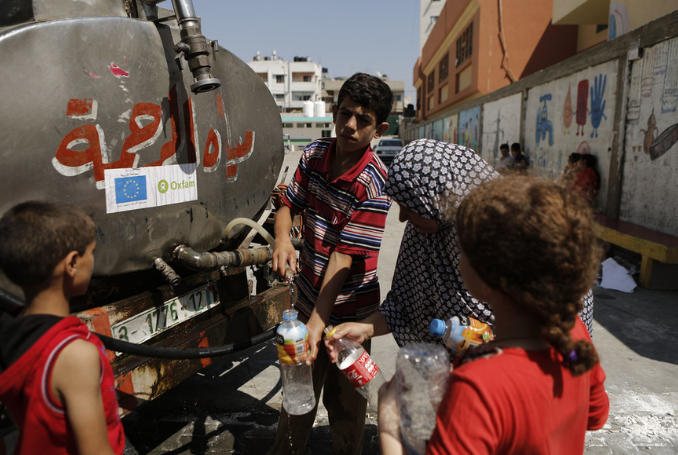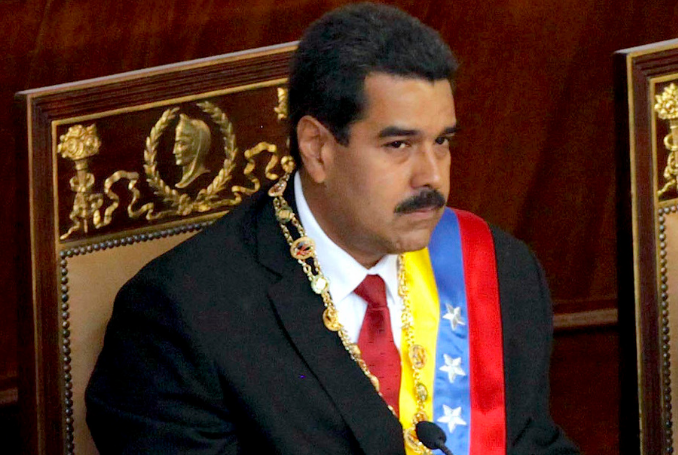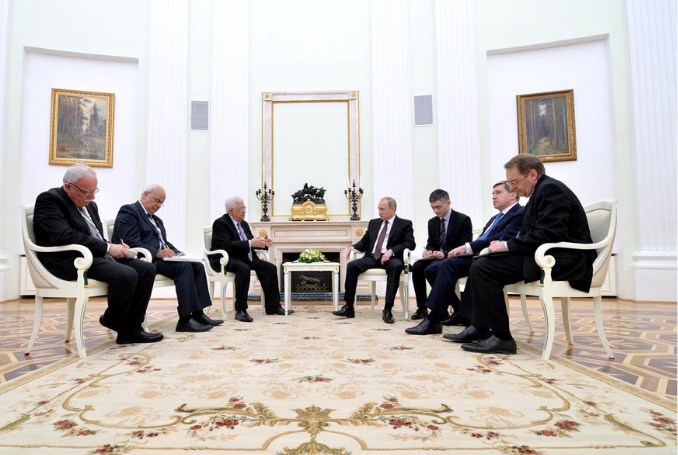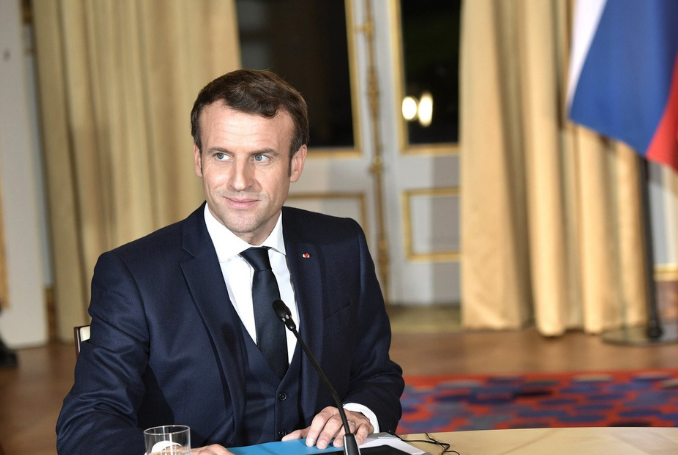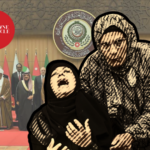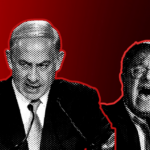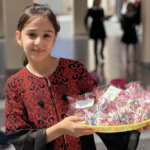- May 11, 2025
AUTHOR DETAILS
Palestinians ‘Are Not Animals in a Zoo’: On Kanafani and the Need to Redefine the Role of the ‘Victim Intellectual’
But for the Palestinian narrative to be truly relevant, Palestinians must indeed assume the role of the Gramscian intellectual, as “purveyors of consciousnesses” and abandon the role of the ‘victim intellectual’ altogether.
‘Rationality is Not Permitted’: Chomsky on Russia, Ukraine and the Price of Media Censorship
While an alternative understanding of the devastating war in Ukraine is disallowed, the West continues to offer no serious answers or achievable goals, leaving Ukraine devastated and the root causes of the problem in place.
Cultural Warriors: Why Palestine’s Sports Victories Should Inspire Us
It is the spirit of these valiant cultural warriors that continues to guide the Fida’i in their struggle for recognition, their fight for dignity and their quest for glory.
WATCH: MEMO Holds ‘Our Vision for Liberation’ Book Launch in London
The launch of the widely-acclaimed book ‘Our Vision for Liberation: Engaged Palestinian Leaders & Intellectuals Speak Out’ by Dr. Ramzy Baroud and Professor Ilan Pappe was held on June 10 in London’s Wellcome Centre, commemorating another milestone in the struggle for Palestine’s freedom from occupation.
Palestinians ‘Are Bound to Win’: Why Israelis Are Prophesying the End of Their State
History has taught us that Muslims, Christians and Jews can peacefully coexist and collectively thrive, as they have done throughout the Middle East and the Iberian Peninsula for millennia. Indeed, this is a prediction, even a prophecy, that is worth striving for.
Palestine’s New Resistance Model: How the Last Year Redefined the Struggle for Palestinian Freedom
Considering that the new resistance is centered around homegrown, grassroots, community-oriented movements, it has far greater chances of success than previous attempts.
The Ethnic Cleansing of Masafer Yatta: Israel’s New Annexation Strategy in Palestine
Israel must not succeed in Masafer Yatta, because if it does, its original, mass annexation scheme will become a reality in no time.
Palestinian Authors Converge on London for Book Launch: ‘Our Vision for Liberation’
The London-based Middle East Monitor will be hosting the book launch for the just released “Our Vision for Liberation: Engaged Palestinian Leaders & Intellectuals Speak Out“, edited by Dr. Ramzy Baroud and Professor Ilan Pappe. The event, set to take place on Friday June 10, 6:30-9:30 pm will include a panel discussion featuring the book’s […]
Right of Return: Nakba is Back on Palestinian Agenda
And since the Nakba and the subsequent ethnic cleansing of Palestinian refugees are the common denominator behind all Palestinian suffering, the term and its underpinnings are back at center stage of any meaningful conversation on Palestine, as should have always been the case.
Angela Davis, John Pilger, Roger Waters Rave about Just-Released ‘Our Vision for Liberation’
The ‘fascinating book’, which has received raving reviews from iconic intellectuals around the world, provides a rare view of the future of Palestine.
Constantly on the Verge of Collapse: How Palestinians Became a Factor in Israeli Politics
Israel is now facing the dilemma of either ignoring this new Palestinian factor, at its own peril, or accepting the inescapable fact that Israel can never enjoy stability while Palestinians remain occupied, confined and oppressed.
The Limits of Israeli Intelligence: Does Israel Have a Yahya Sinwar Problem?
It is the unity of the Palestinian people themselves, around a set of values, new language and a collective frame of reference. Deep down, this is what truly terrifies Israel most, not the speeches of Sinwar or any other.
Rewriting UNRWA: The US-Israeli Plan to Cancel out the Palestinian Right of Return
If Palestinian refugees are removed from the list of political priorities concerning the future of a just peace in Palestine, neither justice nor peace can possibly be attained.
Cost of the Ukraine War Felt in Africa, Global South
While it is important that we acknowledge the vast changes to the world’s geopolitical map, let us not forget that millions of people are going hungry, paying the price for a global conflict of which they are not part.
‘Temporal and Spatial’ Division: Why Israel’s Endgame at Al-Aqsa Mosque Will Fail
As the ‘Sword of Jerusalem’ has taught us, Palestinians are now capable of responding in a unified fashion and, despite their limited means, even putting pressure on Israel to reverse its policies.
Lowkey and Ramzy Baroud: ‘Jerusalem: Al-Aqsa In The Snipers Scope’ (VIDEO)
Activist rapper Lowkey is joined by Dr. Ramzy Baroud to discuss the latest Israeli attacks against al-Aqsa mosque.
OUR VISION FOR LIBERATION: Engaged Palestinian Leaders & Intellectuals Speak Out
ABOUT THE BOOK Co-edited by Ilan Pappe and Ramzy Baroud, Our Vision for Liberation: Engaged Palestinian Leaders & Intellectuals Speak Out aims to challenge several strata of the current Palestine discourse that have led to the present dead end: the American pro-Israel political discourse, the Israeli colonial discourse, the Arab discourse of purported normalization, and […]
Our Vision for Liberation: Engaged Palestinian Leaders and Intellectuals Speak Out – Book Review
‘Our Vision for Liberation: Engaged Palestinian Leaders and Intellectuals Speak Out’ is a fascinating book, a beautiful book, a real treasure.
For Palestinians, Food Insecurity is Now an Existential Threat
A serious conversation involving Palestinians, Arab countries, the United Nations Food and Agriculture Organization and other parties must take place to discuss and resolve Palestine’s food insecurity.
Palestine’s Widening Geography of Resistance: Why Israel Cannot Defeat the Palestinians
If Israel continues to subjugate the Palestinian people under the current system of military occupation and deepening apartheid, Palestinians will surely continue to respond until their oppressive reality is changed.
From Korea to Libya: On the Future of Ukraine and NATO’s Neverending Wars
Though military invasions must be wholly rejected, whether in Iraq or Ukraine, turning Ukraine into another convenient zone of perpetual geopolitical struggle between NATO and Russia is not the answer.
Can Israel Exist without America: Numbers Speaks of a Changing Reality
The fight against Israeli occupation and apartheid can no longer be disproportionately focused on breaking up the ‘special relationship’ that united Tel Aviv and Washington for over 50 years.
Is Europe Really More Civilized? Ukraine Conflict a Platform for Racism and Rewriting History
Before bragging about the virtues of Europe, and the demeaning of everyone else, the likes of Arestovych, D’Agata, and Petkov should take a look at themselves in the mirror and reconsider their unsubstantiated ethnocentric view of the world and of history.
Gaza’s Forthcoming Crisis Might Be Worse than Anything We Have Ever Seen
When almost all of Gaza’s water is not fit for human consumption because of a deliberate Israeli strategy, one can understand why Palestinians continue to fight back as if their lives are dependent on it; because they are.
The Billion Dollar Deal that Made Google and Amazon Partners in the Israeli Occupation of Palestine
While profit generation is understandably the main goal of companies like Google and Amazon, this goal can be achieved without necessarily requiring the subjugation of a whole people, who are currently the victims of the world’s last remaining apartheid regime.
New Great Game: Can Venezuela Negotiate an End to US Deadly Sanctions?
Though some in Washington are willing to reconsider their long-standing policy against the socialist bloc of South America, the US mission is rife with obstacles.
‘Hypocrisy Does Not Begin to Describe It’: Baroud on the Ukraine Crisis and the Changing Global Order (VIDEO)
Mark Seddon discusses with Ramzy Baroud the unfolding crisis in Ukraine through the eyes of the Palestinian people.
Weathering the Global Storm: Why Neutrality is Not an Option for Palestinians
Common sense dictates that Palestinians must develop a unified front to cope with the massive changes underway in the world, changes that will eventually yield a whole new geopolitical reality.
Politics and Sports Do Mix: On FIFA’s Hypocrisy in Palestine and the Need to Isolate Apartheid Israel
It will not take days, as is the case with Russia and Ukraine, but they will eventually succeed in isolating Israel, for, as it turned out, politics and sports do mix after all.
French Withdrawal from Mali Will Redraw the Political Map of West Africa
The truth is that an earth-shattering development is underway in Mali and the whole of West Africa, ushering in, as argued in the NY Times, the ‘closing chapters of ‘la Françafrique’,’ the centuries-long French dominance over its ‘sphere of influence’ in the resource-rich Africa.


